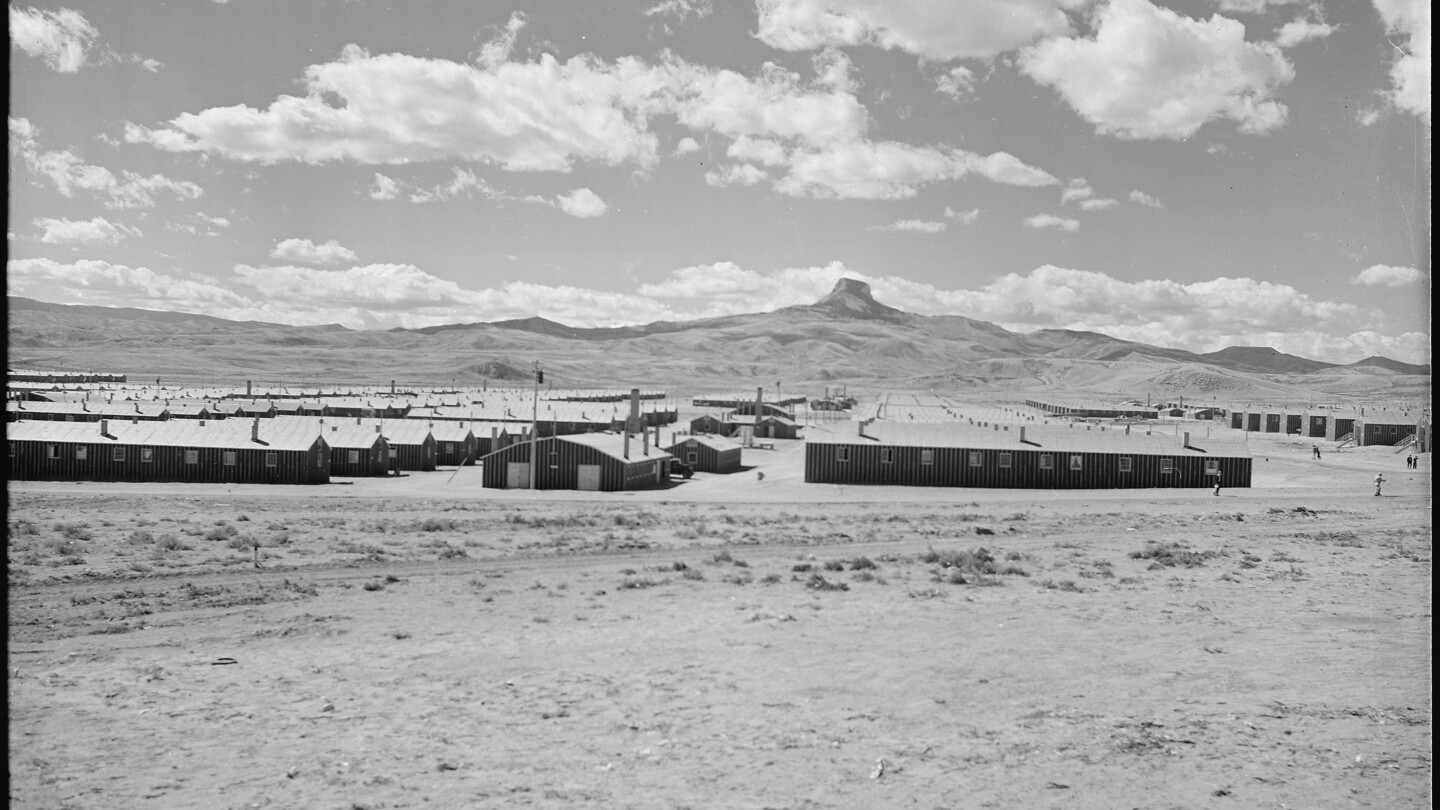Strange Days, Boogie Nights
This week I went to a single release party in Hollywood. I was invited by my niece, who's 21, finishing her last year of college, and working with Celeste Stoney, the recording artist whose single was making its debut.
I was curious to go, but reluctant. This felt like a club thing, and I haven't been to a club -- specifically, a place where people go late at night to dance to the latest, intensely digital version of disco or hip-hop and hang out -- for a very long time. I'm simply too old. I don't feel that old when it comes to most things, but clubs are a particular beast. I had visions of women standing in line outside some unmarked, cave-like place dressed in jeans and wobbly high heels and hoping to be let inside within an hour, though they'd be willing to stand for longer. I imagined bass-heavy music booming from the cave onto the street, reassuring the faithful who are eternally in search of hip that their waiting would not be in vain. Mostly, I saw single young people whose concepts of time and how to best spend it now differ entirely from mine.
For one thing, I don't stand in lines anymore. Not that I still don't love dancing or pop music; in some ways I'm still trying to channel my inner Beyonce -- or is that Sasha Fierce? -- on the dance floor and in life generally. But I confess that some pop music these days renders me profoundly indifferent, especially what's called r & b. Much of it is melodically monotonous or too shrill, sometimes both things at once. No shading or variation. I blame it on the purely studio production of so many songs, and the lack of bands and/or artists who actually play instruments as well as sing. What black pop recording artist since Prince has even come close to the musical innovation and philosophical heft of Earth, Wind & Fire, Tower of Power, Stevie Wonder? Admittedly, in my clubgoing days in the '80s all those groups were pretty off the scene and I was moving to the new electronica of Michael Jackson, Cameo, Ready for the World, Zapp. But the shape of funk remained. R & B was still serious business.
The club turned out to be Sadie's Kitchen, a restaurant-cum-club on Las Palmas north of Sunset. A stone's throw from the old offices of the L.A. Weekly, where I worked for almost a decade. Driving past the old parking lot on Las Palmas, I flashed back to those heady days of my relative youth, when the Weekly unabashedly supported progressive causes -- not uncritically, but the importance of progressivism itself was assumed at the paper. The times were changing but the shape of funk remained, you could say. It's all different now, at the Weekly (the office moved years ago to -- Culver City!) and at lots of other media. Only the right-wing media sees itself as standardbearers for certain beliefs. The left media seems reluctant to bear any such standard, even in alternative media where it's supposed to live. I felt a pang of nostalgia, and then anger when I thought about what had happened politically to us, to all of us. How the music had stopped.
Sadie's Kitchen is a homey-sounding name for a hip, sprawling indoor/outdoor restaurant that was turned into a club for the night, complete with booming dance music and young women dressed casual/classy (that's what the invite instructed), which meant a lot of skinny pants and high heels. People politely squeezed past each other or thronged around a bar that was too dimly lit for me to read the menu. My niece eagerly introduced me to Celeste Stoney, the woman of the evening, who seemed warm and personable. She has a striking look -- about half of her head is intricately shaved, the other half is long, cascading locks. Style-wise, the best of both worlds. The crowd watched a video of her single, "My Kinda Crazy," an infectious dance song (I found my feet moving) that showed off the kind of soaring vocal chops that Madonna always wished she'd had.
Then Stoney took to the stage to perform that song live, plus a handful of others, backed by a band, which of course I was thrilled to see. Onstage, wearing a simple dress and just about the highest heels I've ever seen that glittered like ruby slippers, Stoney performed tunes with similarly infectious dance beats; she's white (she jokingly called herself "vanilla"), but quite credibly channeled the style Chaka Khan and other r & b icons. She even tackled Tina Turner's "What's Love Got to Do With It," with more than decent results. Turner, she explained, was a role model of hers. I was encouraged.
My favorite was the closer, "Camouflage," a mid-tempo rocker ballad that Stoney said was inspired by the trials of a gay friend who struggled for a long time with being completely out of the closet. Listening to that, I felt not old or out of place, but as absorbed as other people in the crowd seemed to be. Like an equal. Stoney ended the evening encouraging fans to buy the silent-auction art to support animal rescue -- she's a true activist -- and I was sold. That's a club I already belong to.
I wanted to hang out after that, especially with my niece who had travelled from Las Vegas with a friend to be there. But really, I had to leave. I was growing sleepy, thinking of traffic and of facing an early morning. Age is irrelevant, but it will also have its way.



